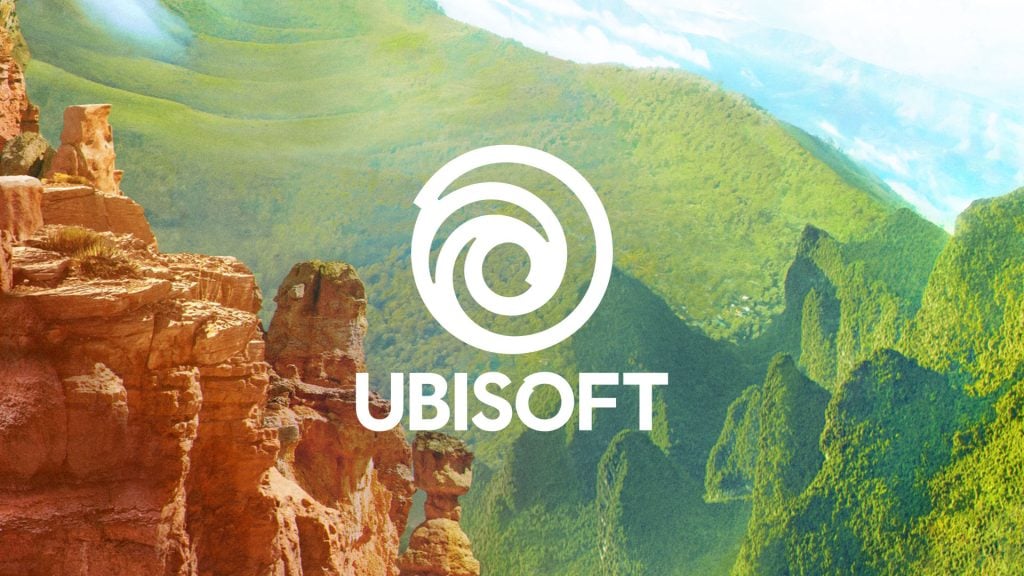Ahead of ESI Events’ flagship conference ESI Lisbon (September 23rd-25th), we’re taking a look at the topics behind some of our panels and workshops. This article explores the blossoming relationship between gaming IP, film and television.

The trend of adapting video games to television shows began in the early 1980s, with shows like Pac-Man and Donkey Kong Country. However, these adaptations were often low-budget and critically panned.
The once-maligned video game adaptation genre has undergone a remarkable transformation, levelling up from a 1993 Super Mario Bros to a 2023 animated version of the same title in just 30 years.
Today, the worlds of gaming, television and film are colliding in a way that’s captivating audiences worldwide. From the silver screen to the small screen, iconic video game franchises are being brought to life with increasingly successful results.
Recent successes like The Last of Us — a joint venture by HBO, Naughty Dog, and Sony —and Arcane — a collaborative effort from Fortiche, Riot Games, and Netflix — have undeniably elevated the status of video game adaptations.
The Last of Us has shattered viewership records, attracting a staggering 4.7m viewers on its premiere day — the second-largest for HBO after House of the Dragon — and expanding its reach to nearly 40m within just two months. The series maintained an average viewership of almost 32m per episode by May 2023, solidifying its position as a cultural phenomenon.
Meanwhile, Arcane has redefined the animated series landscape, becoming widely recognized as one of Netflix’s most successful original series to date. The show’s critical acclaim is unparalleled, as evidenced by its clean sweep of all nine Annie Awards nominations and its historic Emmy win as the first streaming series to claim the animated category.
All these successes highlight the rich and vast storytelling potential inherent in so many games and, in turn, the untapped opportunities for the intellectual property holders. As gaming itself has continued to grow in popularity, this has led to a surge in IPs adaptations across various television and film.
More video game studios are now embracing adaptations as they recognise the dual benefits these projects offer. Beyond expanding their audience and introducing franchises to new viewers, successful adaptations can also drive significant boosts in sales for the original games. For example, following the release of HBO’s The Last of Us series, sales of The Last of Us Part 1 and The Last of Us: Remastered surged by over 200% each.
This synergy between film, television and gaming is motivating companies to push for even more adaptations, seeing it as a powerful strategy to both enhance brand visibility and generate additional revenue streams.
Among many, Ubisoft is a key player in the burgeoning landscape of video game adaptations. Since establishing its Film & Television subsidiary in 2011, the company has been at the forefront of transforming beloved game franchises into compelling screen narratives. From the animated Rabbids Invasion: Mission to Mars to the upcoming Tom Clancy’s Splinter Cell anime series, and the hyped live-action Assassin’s Creed series coming to Netflix, Ubisoft has demonstrated a commitment to exploring diverse formats and genres to bring their stories to a bigger audience.
In addition to these projects, Ubisoft has seen positive results with Captain Laserhawk: A Blood Dragon Remix, an animated show on Netflix that has resonated with both fans and critics for its unique blend of action, nostalgia, and innovative storytelling. Building on the success of their other adaptations, Ubisoft is also pushing forward with the production of a Watch Dogs film, promising to bring the gritty, tech-savvy world of the game to the big screen.

However, Ubisoft’s influence in entertainment extends beyond direct adaptations. The company has also ventured into original content inspired by the gaming world with Mythic Quest, a comedy series on Apple TV that with three seasons has gained significant traction for its witty and insightful portrayal of a fictional video game development studio. Looking ahead, Ubisoft is gearing up for a few exciting releases, including an adaptation of the wildly popular rhythm game series Just Dance.
But the film industry’s attempts to adapt video games have often yielded inconsistent results.
Shows like Halo and the 2022 Resident Evil adaptation exemplify the risks of misinterpreting beloved franchises, often leading to productions that might be quickly forgotten by broader audiences. Halo, for instance, strayed significantly from the source material, upsetting many of the game’s dedicated fans by going off script, which contributed to its eventual cancellation, as Paramount recently announced there would be no third season. Similarly, Resident Evil received mixed reviews, with the majority being negative, leading Netflix to cancel the series after just one season.
While past attempts often fell short — more recently the 2024 Borderlands movie — other adaptations like Sonic the Hedgehog and Detective Pikachu have shown that with careful planning and execution, video game franchises can financially thrive on the big screen.
The huge success of some of these adaptations raises important considerations for the future of the gaming and entertainment industries. How can rights holders maximise the value of their intellectual property while preserving the core elements that made the games successful? What new opportunities will arise as the lines between gaming, film and television continue to blur?
Join us at ESI Lisbon as we dive into the exciting world of video game adaptations on September 24th at 12:55 PM for a fireside chat with Ubisoft Film & Television that will delve into the evolving landscape of video game adaptations.
Helene Juguet, Managing Director of Ubisoft TV & Film, will be heading an insightful conversation on the topic. With a wealth of experience in the entertainment industry, Juguet has been instrumental in shaping Ubisoft’s film and television strategy. Previously serving as Vice President of Business Development, she has spearheaded the development of animated series, unscripted TV shows and digital content worldwide
While adaptations of beloved games can captivate audiences, the gaming industry has a vast, untapped reservoir of original stories — and Esports Insider’s own ESI Film Festival in Lisbon is dedicated to uncovering and celebrating these unique narratives. By providing a platform for filmmakers to showcase their vision, Esports Insider aims to inspire a new wave of cinematic experiences rooted in the world of gaming.
Juguet will also be serving as a judge for ESI Film Festival, a competition that shines a light on stories behind the screen. The festival, taking place September 24th, offers a platform for filmmakers to share their unique perspectives and inspire change through their work.



